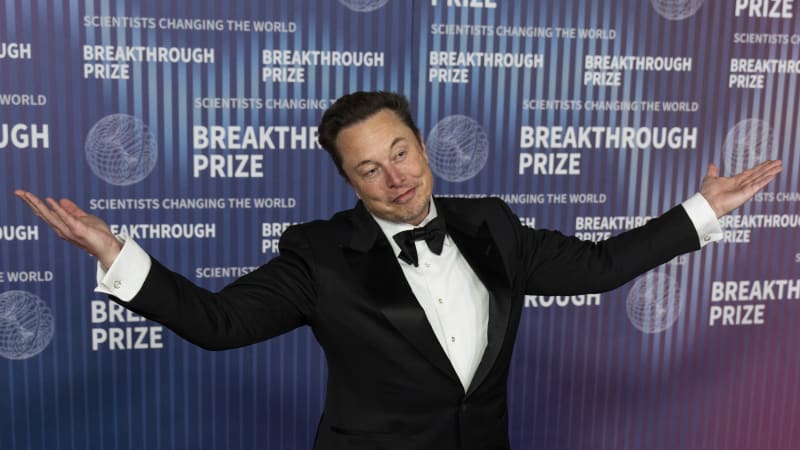I don't think this is discussed enough. A lot of major metros are blue leaning/progressive and my lack of growth vision is I don't see a guaranteed regulatory roadmap where major cities which benefits a RT fleet will green light this very quickly. With Musk leaning far right, I would assume politics will play a factor here to greenlight this as well. I think Musk's plan is just to turn it on and see what happens (I think that's how s/w deployment/iterative gains works). The problem is once an accident happens (unless folks here assume it will NEVER have a problem), it will slow things down and unlike tech/exploding rockets where no human is hurt, once someone is hurt, a lawsuit starts and things maybe put on hold (Cruise example).
I also have doubts that folks would pay a ton for this. For folks who purchased a $68k MY or $100k+ MS/MX, another $99 or $299 month is not a big % cost of the car. But the rich folks market is tapped out I feel for EVs and very competitive now (folks who can afford one already has one). At that price range, you now have (which wasn't there even 5 years ago), Lucid, Porsche, Mercedes, BMW, Audi, etc. I don't see how a less wealthy an aspiring Tesla owner can smartly/financially buy a $30k Tesla, and now, assuming unsupervised FSD is the missing nugget in Tesla's growth, fork over another $299/month ($3588/year or $17940/5yrs) over the ownership of the car. Of course, poor people are not smart with their $$. I wonder how folks now feel who paid $15k or $12k for FSD when it's cheaper now.
Price can't be a non-factor in this. I don't buy the $100k value of FSD because it's cheaper to simply have a personal driver at that price point or go full rideshare. Like the slamming of Waymo, cost matters. Rideshare prices/Uber/Lyft puts a cap on whatever a RT can charge and I've never seen those jobs as a great career or high paying (I assume no wealthy/well paid employee does that job if you look at the worker demographics)).
Cost it too high and there will be little/no update ($199/month dropped to $99/month because clearly, not enough folks were buying it at the $199/month price or, the $12k or $15k price).
I don't know much and hear nothing about the Boring Company, but have they done anything at all in the last 3 years (maybe we need to wait 20 years, at least it's not a public company).
As you mention, city councils are notorious for not embracing new tech.



